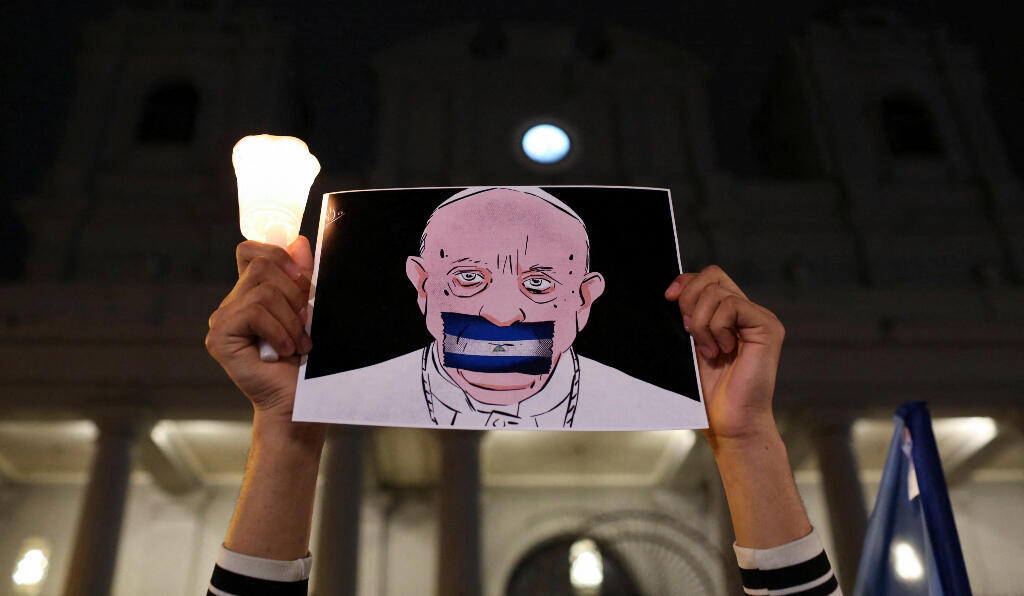First modification:
Miami (AFP) – The government of Daniel Ortega in Nicaragua withdrew the signal from the en Español news channel in the country, without indicating the reasons for the decision, the US media outlet reported on Thursday.
This Thursday, September 22, the Nicaraguan government ended the service in Spanish of the US network , closing its broadcast on the cable channels of the Central American nation, according to the media outlet.
“The Government of Nicaragua removed our television signal, denying Nicaraguans news and information from our network, which they have trusted for more than 25 years,” en Español said in a statement.
en Español is a Pan-American news channel in Spanish, owned by Global, a news division of Warner Bros. Discovery, which highlighted “the vital role that freedom of the press plays in a healthy democracy.”
” en Español will continue to fulfill its responsibility to the Nicaraguan public, offering our news links on Espanol.com, so that they can have access to information that is not available in any other way,” he stressed.

In Managua, the Ortega government did not comment on its decision, nor did the operators that carry the signal, whom the US company said it had consulted.
The US network was the only media outlet critical of the government of President Ortega that remained on the air in the Central American country.
Exiled opponents and journalists
Since the massive protests unleashed in April 2018, Ortega and his wife and vice president, Rosario Murillo, have exercised tight control over the lives of Nicaraguans and punished dissenting voices with jail, whether they are opponents, journalists or even members of the Church. Catholic.
In the last year, the Nicaraguan Executive arrested more than 40 opponents and critics, imposing sentences of up to 13 years in prison.
Among the imprisoned opponents, seven were candidates for the Presidency for the 2021 elections in which Ortega was re-elected for the fourth consecutive time.

Meanwhile, the group Nicaraguan Independent Journalists and Communicators estimates that 200 journalists have had to leave the country to report on what is happening within it from other territories in the region.













Add Comment